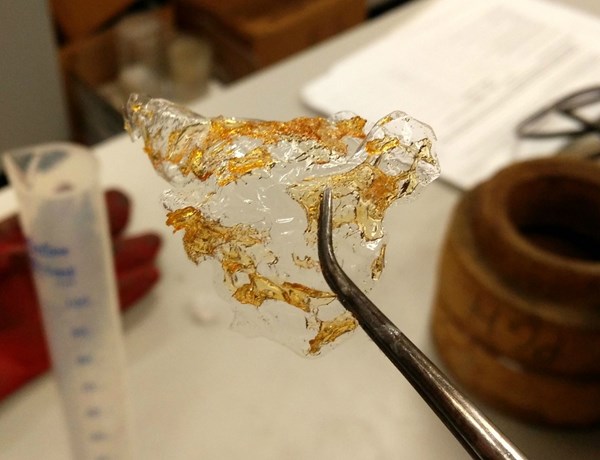Shrimp Shells for Making Biodegradable Shopping Bags
UK university aims to optimize new ‘eco-friendly’ bags for Egyptian conditions.
UK university aims to optimize new ‘eco-friendly’ bags for Egyptian conditions.
Work on the production of chitosan, a man-made bioplastic derived from the organic compound chitin, which is extracted from shrimp shells, is underway across the pond. Bioengineers at the U.K.’s University of Nottingham are trialing how to use the material in formulating an innovative nanocomposite bioplastic to make biodegradable shopping bags, and ultimately, food packaging.
In fact, Dr. Nicola Everitt, part of the engineering faculty at Nottingham, is the lead expert in testing the material properties in conjunction with academic counterparts at Nile University in Egypt. The first part of the project’s aim has been to optimize the affordable ‘eco-friendly’ carrier bags for Egyptian conditions, as effective waste management is one of that country’s biggest challenges.
To extract chitin from the shrimp shells, acid is first used to remove the calcium carbonate backbone of the crustacean shell, followed by alkali to produce the long molecular chain which make up the bioplastic. The dried chitosan flakes can be dissolved into solution and polymer film made via conventional processing techniques. The bioengineers opted to use chitosan because it is a promising biodegradable plastics already used in pharmaceutical packaging due to its antimicrobial, antibacterial and biocompatible properties.
Even more ambitious is the second part of the project which is aimed at developing an active plastic film that absorbs oxygen. This future-generation food packaging could have the ability to enhance food shelf life with high efficiency and low energy consumption, making a positive impact on food waste in many countries. If successful. Dr. Everitt plans to approach UK packaging manufacturers with the product.
Sponsored by the Newton Fund and the Newton-Moshrafa Fund grant, this project is one of 13 Newton-funded collaborations for the University of Nottingham, all of which are designed to tackle community issues through science and innovation, with links formed with countries such as Brazil, Egypt, Phillippines and Indonesia.
Similar ongoing work has been undertaken by researchers at Harvard University’s Wyss Institute, as we reported in 2014. Hoewver, that fully degradable bioplastic derived partly from shrimp shells, can be molded into three-dimensional consumer products, such as cell phone, toys and food containers.

Related Content
-
Melt Flow Rate Testing–Part 1
Though often criticized, MFR is a very good gauge of the relative average molecular weight of the polymer. Since molecular weight (MW) is the driving force behind performance in polymers, it turns out to be a very useful number.
-
Advanced Biobased Materials Company PlantSwitch Gets Support for Commercialization
With participation from venture investment firm NexPoint Capital, PlantSwitch closes it $8M bridge financing round.
-
How to Optimize Your Molds and Hot Runners for Processing Bioresins
Demand for bioresins is growing in molded goods, particularly as a sustainability play to replace fossil-fuel based materials, but these materials are not a drop-in replacement for traditional materials. Molds and hot runners need to be optimized for these materials.
















